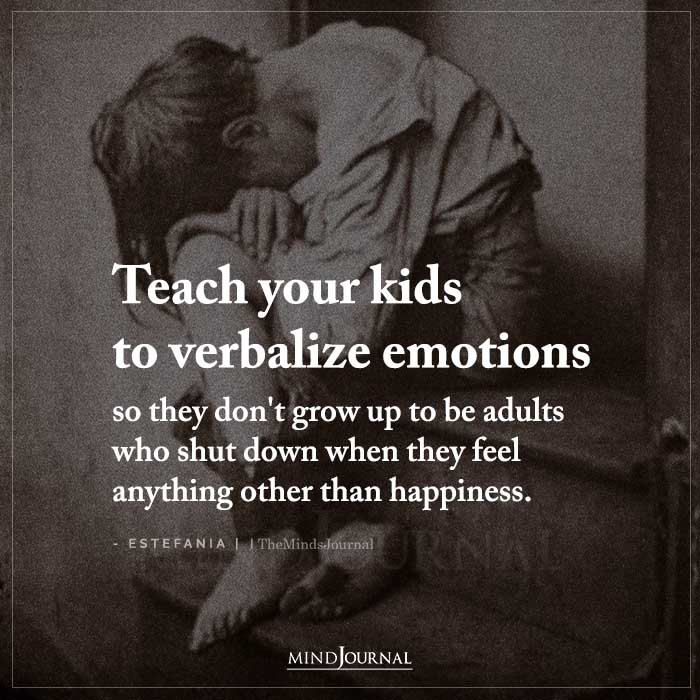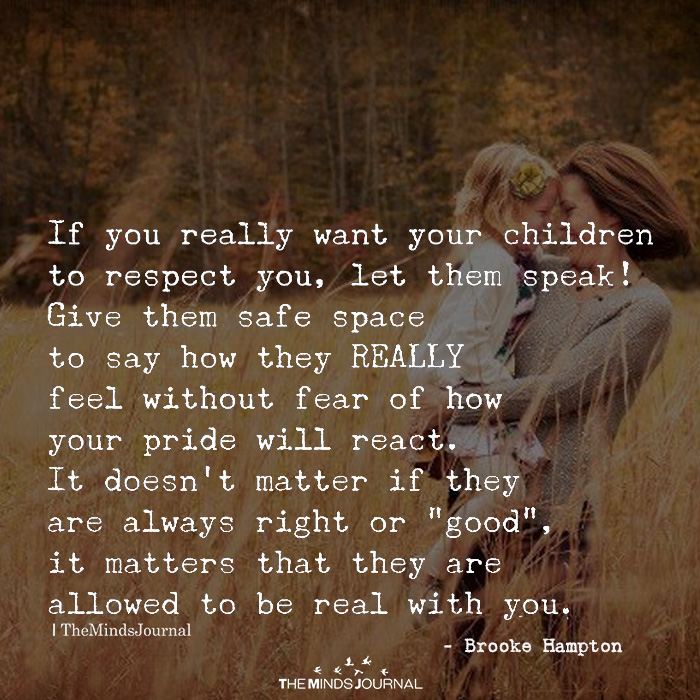Talking about the stressful experience with your child builds resilience.
Read on to know how stories build a framework for understanding difficult events.
We’ve all been there. Walking the aisle of a supermarket, we suddenly hear the shrill screaming and unrelenting pounding of a full-fledged temper tantrum from a 4-year-old in the next aisle. We turn away, usually in sympathy, and hope the parent can simply whisk the child out quickly and avoid embarrassment – for everyone! But what do you do when it is your child, and you get home? Talk!
Talking about a stressful experience, especially if the child behaved badly, as in this temper tantrum example, is a teaching moment. But what is the best way to talk about these difficult situations? By inviting, validating, helping, and supporting your child to construct a coherent narrative of stressful experiences, you are both teaching them skills for regulating their emotions and modeling for them ways to be supportive of others in times of stress.

Help your child create a story
Research from the Family Narratives Lab, which I direct at Emory University, as well as other research labs, indicates that the best way to help your child (and yourself!) learn to deal with difficult situations is by helping your child create a coherent story, or narrative, of what happened that helps them understand the sequence of events and the causes and consequences of their emotional reactions.
This research is reviewed by Karen Salmon and Elaine Reese, two prominent developmental psychologists, in “The Benefits of Reminiscing with Young Children” just published in Current Directions in Psychological Science. When in the heat of the moment it’s hard for both mother and child to discuss an event calmly, and it’s very difficult for children to regulate their own emotions while in the throes of experiencing them. This is a skill that must be learned. Creating coherent narratives of stressful experiences helps build these skills.

Steps to help your child understand difficult emotions
More specifically:
1. Open ended questions
Invite your child to tell the story by using open-ended questions, like Who? What? Where? rather than questions that only require a “yes” or “no” answer. Follow in on their response and expand on it. This helps your child create the narrative.
Read 100 Questions To Ask Your Teen Other Than “How Was School?”
2. Validate your child’s emotions
Ask your child how they felt in the moment and confirm and validate their responses (e.g., I know you felt very angry and I do understand). This helps your child feel accepted and understood.
3. Help your child understand what caused that emotion
(e.g., “Why do you think you felt that way” or if needed, provide an explanation, “You were angry because you wanted that sugary cereal”). This helps your child understand what triggers their emotional reactions, so they can better control them in the future.
4. Suggest ways to regulate emotions
Suggest to your child what they can do next time to regulate their emotions in the moment (e.g., “Instead of screaming, do you think there is something else you could have done?” Or again, if the child cannot answer this, helping them with an answer: “Maybe next time you get angry, you can take a big breath, and we can talk about it calmly so that we both don’t get so upset”). This helps your child develop strategies for coping with difficult emotions when they inevitably arise again.
Read Emotional Competence: Encouraging Kids to Talk About Emotions
When you think about it, these strategies are similar to what you want your friends to do when you tell them about a stressful situation. Talking about our past experiences helps us process those experiences, to understand them in new ways. Especially when something unexpected or stressful happens, it helps us to put these experiences into words, to create a narrative and share it with others, and have others listen, validate, and help us interpret what happened.
This is even more important for young children who do not yet have as much experience understanding and interpreting stressful experiences. Parents help young children construct narratives about what happened that can help them better understand their experiences, and therefore better regulate their emotions. But just as you don’t want to hear “well, I just don’t understand why you felt that way” or “you were just being difficult,” neither does your child!
Read What Type Of Parent Are You? QUIZ
By helping your child create a coherent, validated narrative about what happened, your child can begin to understand the sequence of events and emotions and can learn to predict and control future emotions. A coherent narrative about a past stressful experience helps children gain control over their emotional experiences, to not let emotions at the moment overwhelm them, and thus to build resilience. Stories help us understand the past and face the future with more certainty than we can cope with whatever the world throws at us.
Are you ready to talk about the past with your child?
Written by:Robyn Fivus Originally appeared on:Psychology Today Republished with permission










Leave a Reply